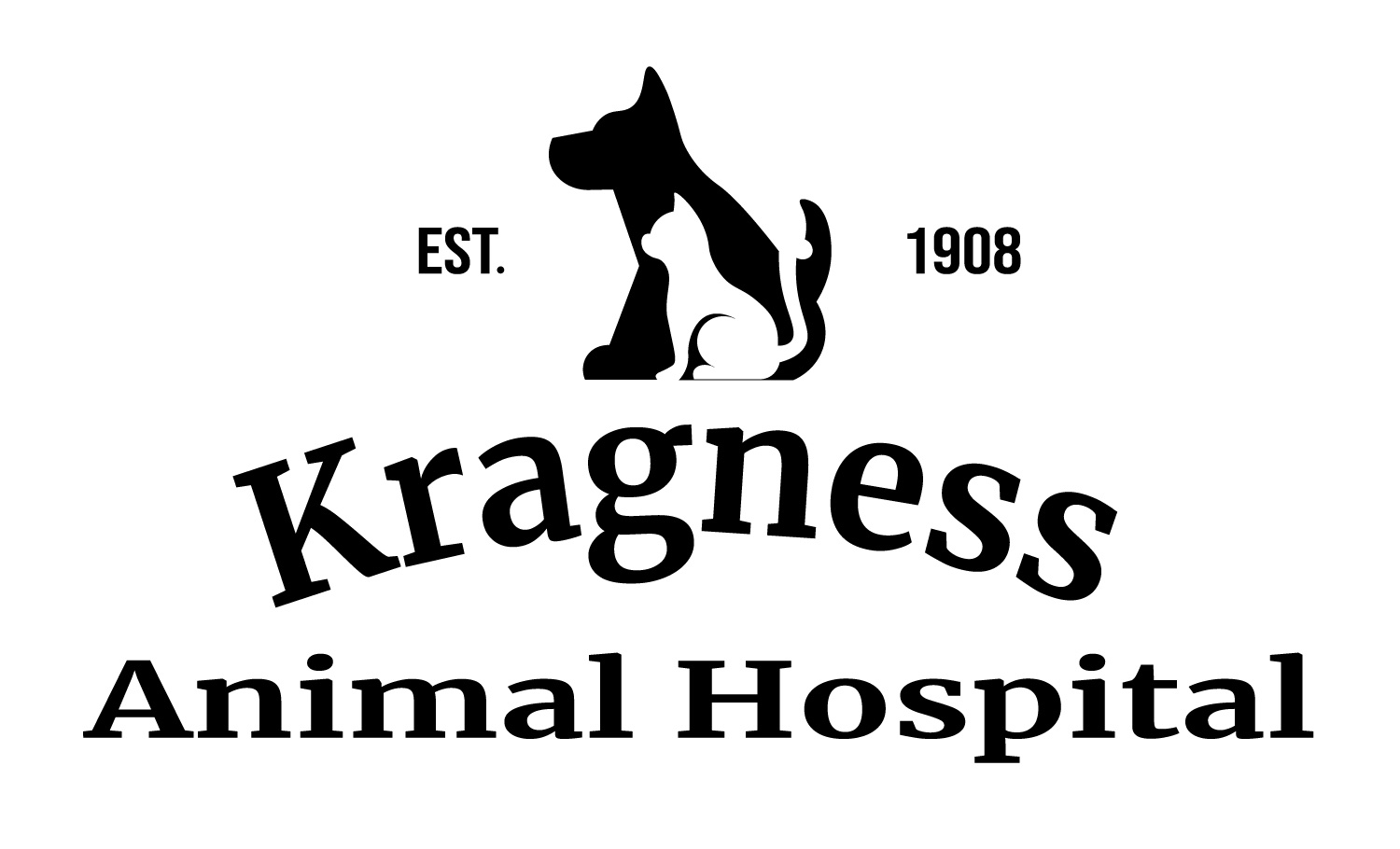Kragness Animal Hospital Services
Located in the historic Pullman neighborhood in Chicago, Kragness Animal Hospital has established itself as a Chicago mainstay. Click through our services below to learn more about what we offer.
SPAY/NEUTER
Spay and neuter surgeries are the most effective deterrents of pet overpopulation and certain types of cancer in male and female cats and dogs. We recommend spaying and neutering for most, if not all, of our patients because we believe that prevention is the best medicine. Spaying and neutering not only prevents pet pregnancies, but also prevents mammary tumors and uterine cancer in females and enlarged prostate and testicular tumors in males.
Other benefits of spaying and neutering your pets include:
- Reduced aggression in males
- Males and females less likely to have roaming tendencies
- Males less likely to spray/mark territory
- Males less likely to mount objects/other animals
- No spotting or going into heat (females)
Preventative Care
Physical Examination
At least one physical examination is recommended annually for our veterinarians to evaluate your pet’s overall health. At this time, our veterinarians will also take a complete medical history, make nutrition recommendations, discuss behavioral problems, and review any known medical conditions or suggest additional diagnostics or procedures on a case-by-case basis.
Heartworm Testing/Control
Annual heartworm blood tests are recommended to make sure your pet doesn’t have heartworm disease, a disease transmitted via mosquito bite. At this time, our veterinarians and staff will also recommend that your pet get its heartworm preventative.
Fecal Examination/Deworming
Annual testing is recommended to check for intestinal parasites. Your pet can contract intestinal parasites by coming in contact with fecal-contaminated material from an infected animal. If parasites are detected, your veterinarian will begin a treatment program.
Flea and Tick Prevention
After the dermatological system is evaluated during the physical exam, your veterinarian will suggest a flea/tick treatment or prevention program.
Additional Diagnostics
Based on the physical exam findings and history, our veterinarians may recommend additional testing such as bloodwork, urinalysis, or radiographs to help identify any internal issues.
DENTISTRY
It is important to realize that your dog will never tell you when it is experiencing dental pain. All dogs will endure some level of dental disease and dental pain during their lives. In fact, dental disease affects nearly 80% of dogs over three years of age. The best way to minimize these issues is for your dog is to start out with a great dental health routine at home. This should be supplemented with regular dental cleanings performed by veterinary professionals (a veterinarian and veterinary nurse to aid in the dental cleaning and patient care during the procedure).
RADIOLOGY
Radiology (X-rays) is routinely used to provide valuable information about a pet’s bones, gastrointestinal tract (stomach, intestines, colon), respiratory tract (lungs), heart, and genitourinary system (bladder, prostate). It can be used alone or in conjunction with other diagnostic tools to provide a list of possible causes for a pet’s condition, identify the exact cause of a problem or rule out possible problems. We offer in-house radiology imaging to further diagnose any potential issues.
VACCINATIONS
OUR CORE AND NON-CORE VACCINES
Pet vaccinations afford protection against a large number of viral and bacterial diseases.
Rabies, an almost always fatal virus, can be passed on to humans due to the level of danger it poses. The rabies vaccine is considered a ‘core’ vaccine and is required by law.
Core Vaccines for Dogs:
- Canine rabies – can be administered yearly or every three years.
- Distemper – protects against distemper, hepatitis, parainfluenza, and parvovirus.
Core Vaccines for Cats:
- Feline rabies – can be administered yearly or every three years.
- Feline distemper – protects against feline viral rhinotracheitis, calicivirus, and panleukopenia
Non-Core Vaccines:
- Leptospirosis – given based on risk of exposure.
- Bordetella – required for dogs that board, visit the dog park, visit the groomer, or go to daycare.
- Canine influenza – required for dogs that board, visit the dog park, go to daycare or visit the groomer.
- Feline leukemia – recommended for kittens and outdoor cats.
MICROCHIPPING
Did you know that getting lost is the number one cause of death for pets? One in three pets goes missing during their lifetime, and without identification, 90 % of pets never return home. Microchip implantation causes no more discomfort than a vaccination and is a simple one-time insertion with a syringe. Almost all humane organizations have scanners that read microchip IDs. Microchips help thousands of lost pets return home each month. We use the Avid microchip system.
ON-SITE DIAGNOSTIC SERVICES
Based on the physical exam findings and history, our veterinarians may recommend additional testing such as bloodwork, urinalysis, or radiographs to help identify any internal issues. Our in-house laboratory can provide results within minutes, which helps our veterinarians create an optimal real-time treatment plan for your pet. We can screen pets for abnormalities like pancreatitis, kidney disease, heartworm disease, urinary tract infections – and so much more! In critically ill pets, this may save valuable time and guide our team to giving your pet the best outcome possible.
GROOMING
Grooming is currently available Tuesday-Friday depending on availability. Deposit required at time of scheduling and there is a no show fee if you do not call to cancel your appointment.
